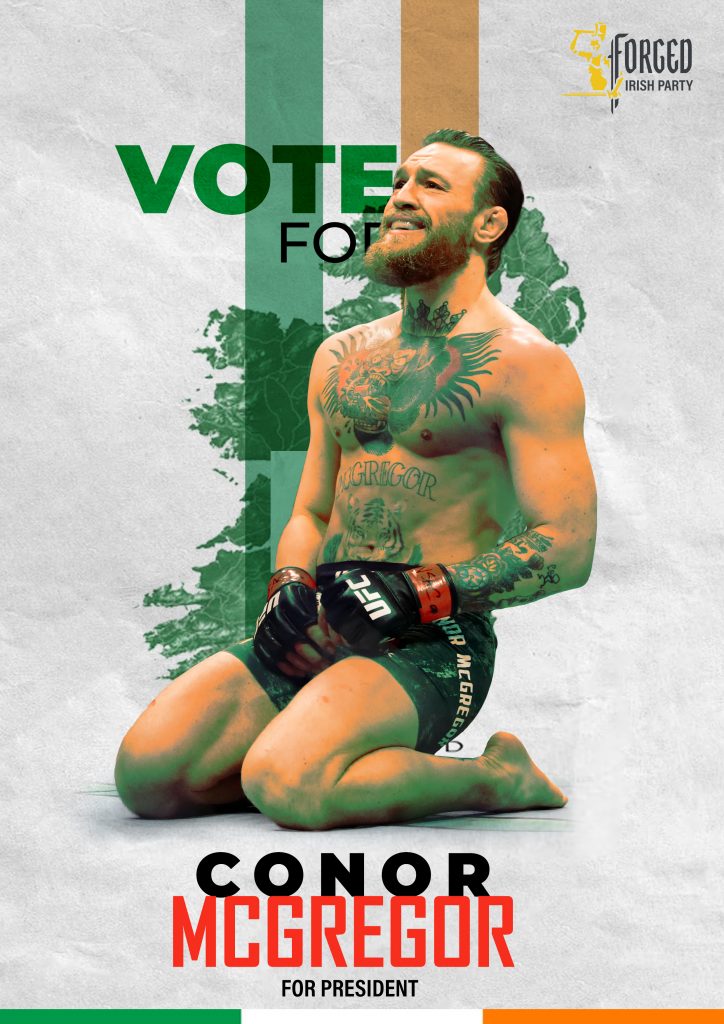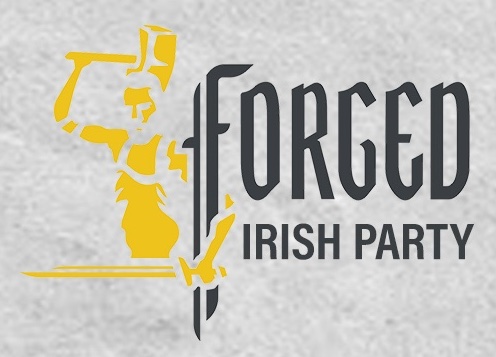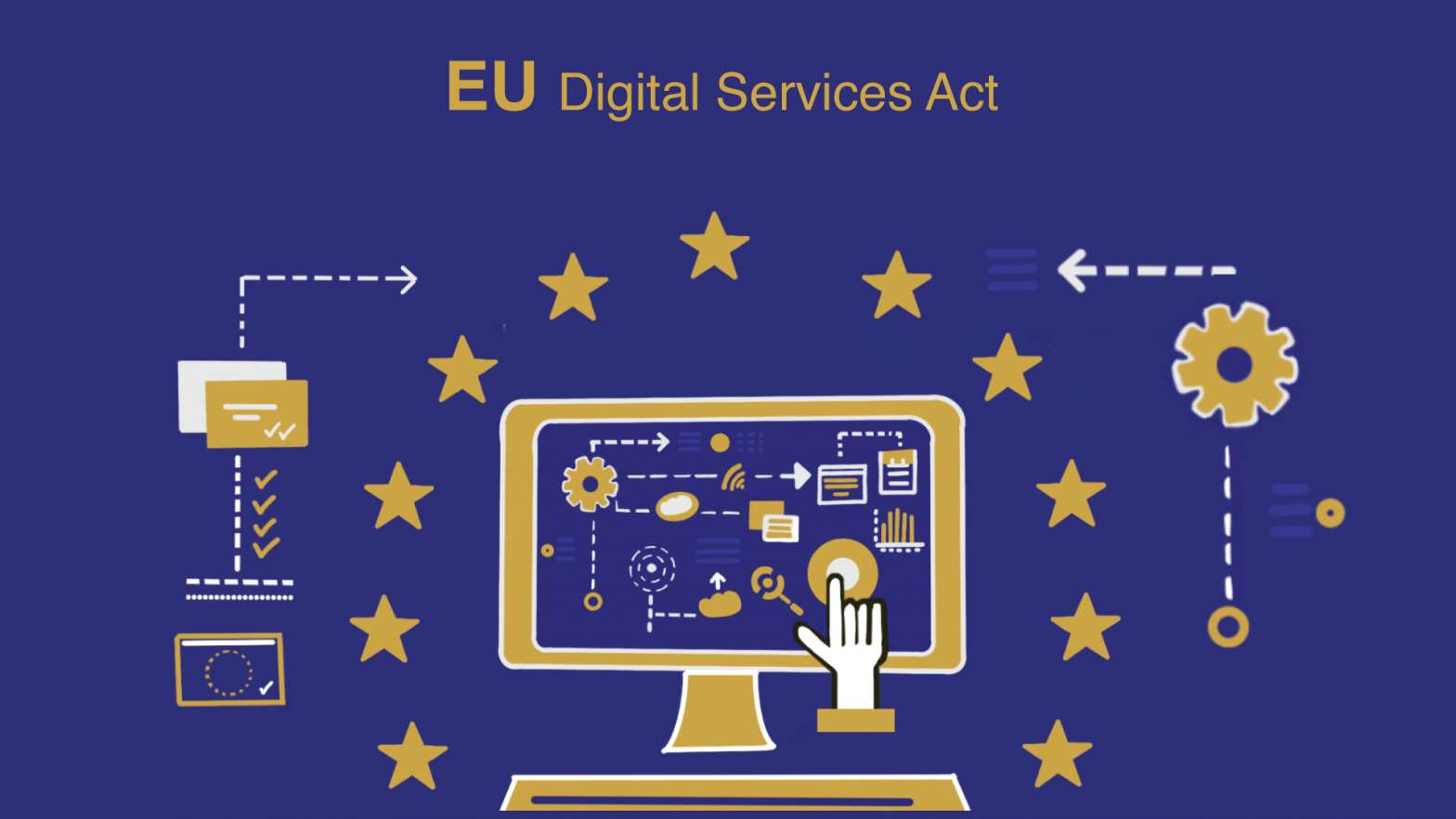Conor McGregor, the controversial MMA fighter, has hinted at a potential run for the Irish presidency. While the likelihood of him securing a nomination for the upcoming presidential election seems slim, his political aspirations have raised questions about the landscape of Irish politics and the strategies he might employ.
To be considered for the presidency, McGregor has to either garner the support from 20 members of the current Oireachtas or two County Councils. This makes his candidacy highly unlikely, as political support is generally earned through established political affiliations.
However, McGregor could create a new political party to contest the next year’s elections, a move that would help him drive personal exposure while also marketing his new Forge brand.
Like Donald Trump’s outsider approach in the United States, McGregor seems keen on positioning himself as a catalyst for change in Irish politics.
In a post on X (formerly Twitter) on Dec. 4, McGregor wrote: “Potential competition if I run. Gerry, 78. Bertie. 75. Enda, 74. Each with unbreakable ties to their individual [party] politics. Regardless of what the public outside of their parties feel. These parties govern themselves vs govern the people.”
He continued: “Or me, 35. Young, active, passionate, fresh skin in the game. I listen. I support. I adapt. I have no affiliation/bias/favoritism toward any party.”
McGregor went on to suggest he would privately fund weekly votes to gather public opinion on different topics.
“They would genuinely be held to account regarding the current sway of public feeling. I’d even put it all to vote. There’d be votes every week to make sure. I can fund. It would not be me in power as President, people of Ireland. It would be me and you.”
While the idea of weekly votes sounds unrealistic, one strategy McGregor could adopt is the implementation of new digital solutions to democracy, for example leveraging mygovID capabilities to launch live digital referendums on various issues.
A recent poll indicated that only 8 percent of respondents would vote for McGregor in a presidential contest. However, this number could fluctuate depending on the stunts and strategies employed by the MMA fighter. As seen in the case of Peter Casey in 2018, who secured a presidential nomination by making controversial comments about Travellers, McGregor’s potential for political traction lies in his ability to capture public attention.
The MMA fighter’s political ambitions seem to be targeting a disenchanted demographic, causing concern for Sinn Féin, which historically championed anti-establishment sentiments. The party, having faced a similar challenge from the hard left in 2014, is wary of McGregor’s potential appeal to voters dissatisfied with the current political establishment.
While McGregor’s candidacy may presently seem unlikely, the landscape of Irish politics is dynamic. A recent opinion poll suggested that over 20% of respondents would vote for an anti-immigration party (although one doesn’t exist at the moment) in a forthcoming election.
This sentiment could pave the way for single-issue candidates or a new party with a strong stance on immigration to gain seats in local elections, potentially shaping the political landscape leading up to the 2025 general election.
In conclusion, while Conor McGregor’s path to the presidency currently faces significant obstacles, his political aspirations highlight the evolving dynamics of Irish politics and the potential impact of unconventional candidates on the political landscape. As the countdown to the 2025 general election begins, political analysts will closely watch McGregor’s journey into politics, with implications for the broader narrative of change and anti-establishment sentiments in Irish politics.







